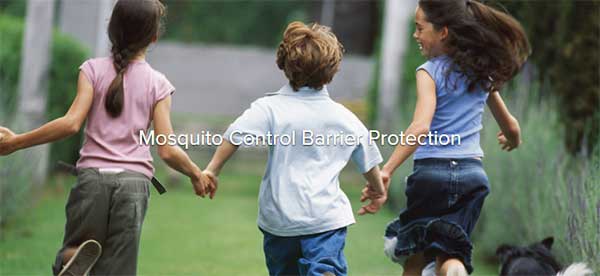
Image for illustration courtesy of mosquitosquad.com
If you live in a warm place and want to fight mosquitoes, you should know that you aren’t alone. Testing all infected mosquitoes, pinpointing their habitats, and cleaning up the breeding grounds is necessary. You’ve most likely seen your local Greater Charleston Mosquito Control Program trying to improve the quality of life by reducing the spread of diseases and targeting mosquitoes. Most of these local programs can even visit your home and assist you if you are experiencing mosquito problems.
Where Mosquito Control Starts
Greater Charleston Mosquito Control professionals are now referred to as IMM programs which stand for Integrated Mosquito Management. This means that they don’t only go once a week to spray insecticide and call it a day. Effective mosquito control nowadays involves four key areas including:
Source reduction
This involves cleaning of stagnant ponds, digging ditches in marshy areas, and managing storm water drainage systems to help in reducing the number of places where mosquitoes can hatch eggs.
Surveillance
This is the process of trapping and testing different types of mosquitoes to identify those species that cause problems, their number, and whether they are carriers of malaria, West Nile Virus, or if they can transmit other diseases to people.
Larvacide
This involves identifying new ways including both chemical and biological to eliminate mosquitoes while still in the larval stage because they only survive in water at this stage. This can mean putting oil or bacteria in the water to poison the larvae or present natural predators that will feed on them.
Adulticide
This is often the last resort which involves using sprays to kill large numbers of adult mosquitoes as they feed or fly around. Professional mosquito controllers release the insecticide from trucks or planes in specific times and areas so that they can eliminate as many as possible. This step can be necessary especially after storms that cause heavy floods. This is because huge swarms of mosquitoes follow.
These methods aren’t effective when used individually. They have to be combined so that they can destroy the mosquitoes at all their life cycles. Otherwise, it won’t matter how many bugs are destroyed; others will develop and take over their place.
Prevention vs. Cure of Mosquitoes
It’s easier to prevent mosquitoes from breeding than to hunt them after they are fully grown and flying around. This explains why several mosquito control programs aim at reducing the number of mosquitoes by minimizing the places they can hatch their eggs. This is to ensure that there are as few mosquitoes in each life cycle as possible. You can help minimize these breeding areas by getting rid of stagnant water that can be found in dumped buckets and car tires. You can also check the drainage to ensure that water flows properly.